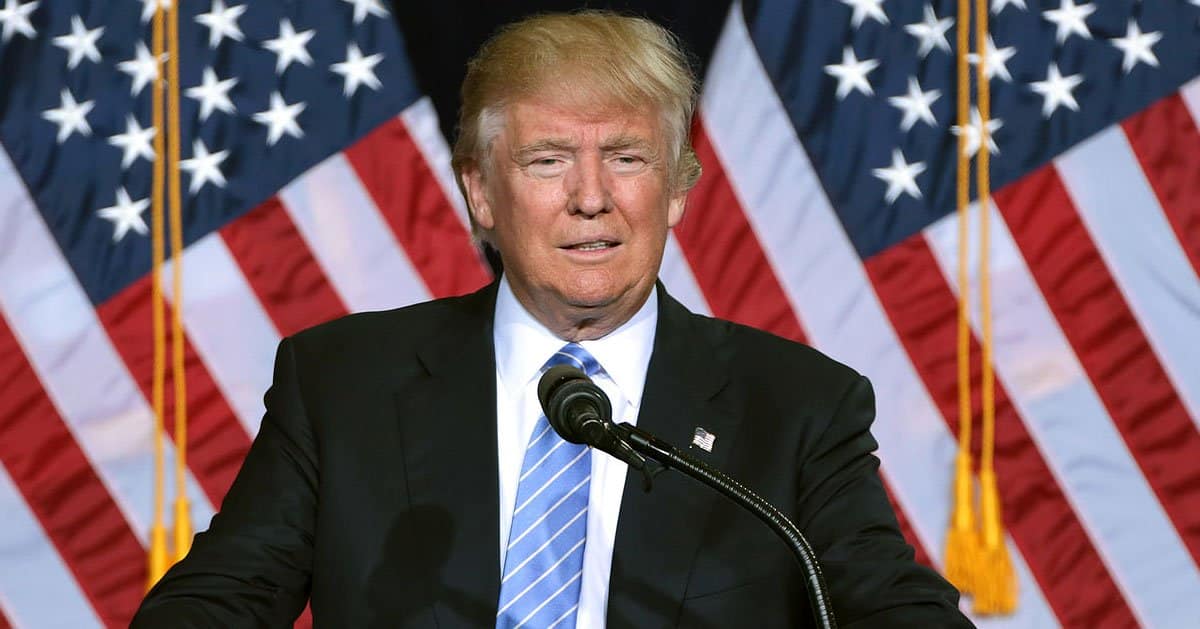







Vice President JD Vance's recent remarks challenging the judiciary's authority have ignited a significant political debate within the Republican Party.
Newsweek reported that Senator Josh Hawley (R-MO) has openly criticized Vice President JD Vance's statements, which question the judiciary's role in overseeing executive power, sparking widespread discussion and reactions.
The controversy began when Vice President Vance made statements implying that the judiciary should not have the power to control the executive's legitimate authority. These comments emerged in response to a federal judge's decision, which blocked the Department of Government Efficiency (DOGE) from using Treasury Department payment systems.
This stance from Vance follows his history of skepticism toward the judicial branch. Notably, in 2021, he suggested that a reelected President Trump might consider bypassing judicial rulings to assert executive priorities.
Vice President Vance shared his perspective on social media, arguing that, "Judges aren't allowed to control the executive's legitimate power." He compared this situation to judges allegedly overstepping their bounds in military and prosecutorial matters.
Senator Josh Hawley countered Vance's viewpoint, articulating a commitment to respect and adhere to court decisions, even when disagreeing with them. He drew historical parallels to Andrew Jackson's defiance of judicial rulings, which resulted in the infamous Trail of Tears.
Hawley stated that repudiating court decisions outright is unfathomable, emphasizing the lawless nature of such actions. He argued for vigorous appeals of disagreeable opinions but noted the dangers of ignoring court authority altogether.
The senator further highlighted Jackson's actions as morally and legally wrong, expressing deep concern over the potential consequences of defying judicial authority.
Of course, Hawley's bizarre counter signaling misses the point that leftist judges are openly obstructing the Trump agenda on political, not legal, grounds.
Vance's remarks have attracted reactions from various figures across the political spectrum. Elon Musk, a prominent entrepreneur, weighed in, criticizing the recent federal ruling against DOGE. Musk deemed the ruling as protective of corruption and called for the impeachment of U.S. District Judge Paul Engelmayer.
Musk's sentiments were conveyed via social media, as he stated, "A corrupt judge protecting corruption. He needs to be impeached NOW!" This reflects the frustration among some over perceived judicial overreach.
Meanwhile, Representative Eli Crane announced intentions to file articles of impeachment against Judge Engelmayer. This move underscores the tension between the judiciary and those championing executive governance.
In response to these developments, Democratic Representative Daniel Goldman reiterated the importance of maintaining the rule of law. He emphasized that the U.S. Constitution established three co-equal governmental branches to act as checks and balances on one another.
Goldman argued that the judiciary's role is to ensure that the executive adheres to the law. He warned of the potential issues arising when judicial rulings are disregarded, advocating for respect for the constitutional framework.
Political analyst Quinta Jurecic also raised concerns about the implications of Vance's statements. Jurecic speculated on the potential constitutional crises that might arise if the executive branch chooses to ignore court orders outright.
Amidst this controversy, the Trump administration is engaged in a legal battle, appealing a Maryland judge's ruling that blocked an executive order tackling birthright citizenship. This case exemplifies the ongoing tensions between differing interpretations of executive power and judicial oversight.
The challenges faced by the administration in these legal arenas highlight the importance of the interplay between the branches of government. The outcome of these cases could have far-reaching implications for the balance of power within the federal government.
As the debate continues, the potential for constitutional conflicts remains a significant concern for observers on all sides of the political spectrum. Maintaining a balance of power appears as essential as ever in these escalating times.
The division within the Republican Party, as illustrated by Vance and Hawley's contrasting stances, highlights underlying ideological conflicts about the judiciary's role. Such divisions could influence the party's future, affecting both policy priorities and public perception.
As governmental leaders assess how to navigate these challenges, the notion of checks and balances remains central to maintaining democratic integrity. The discourse surrounding these issues serves as a reminder of the complexities inherent in governing a diverse and dynamic nation.



